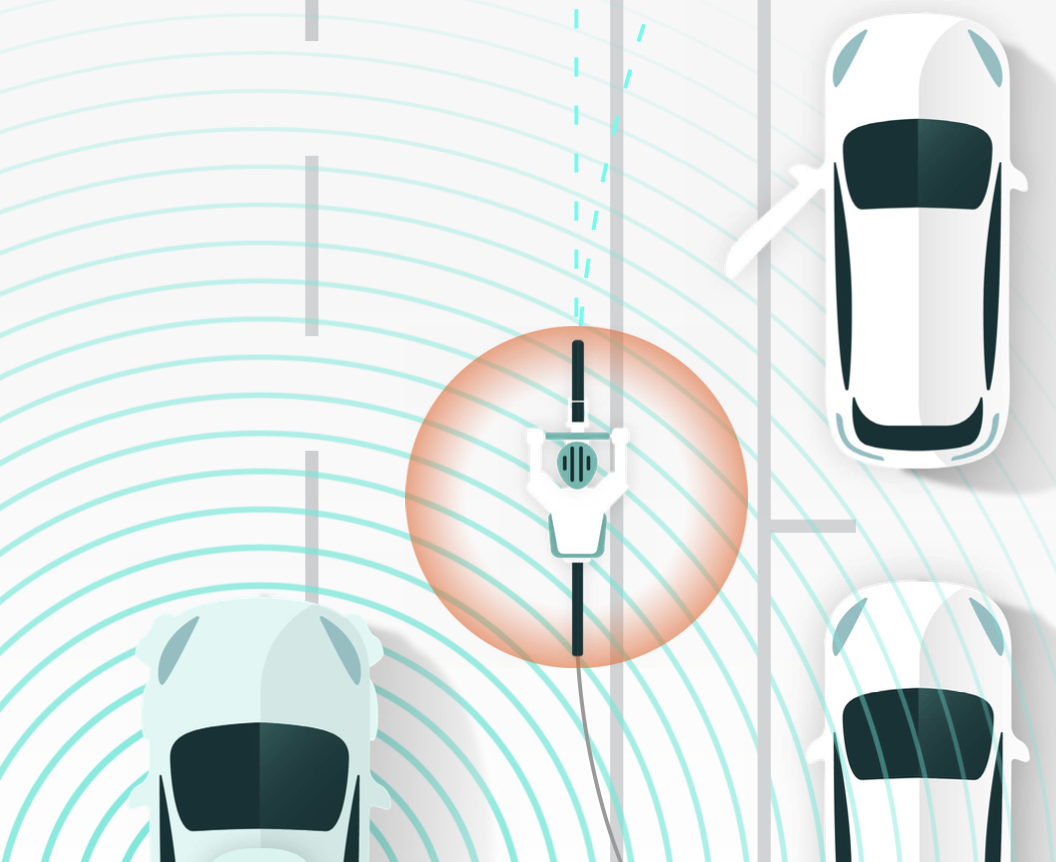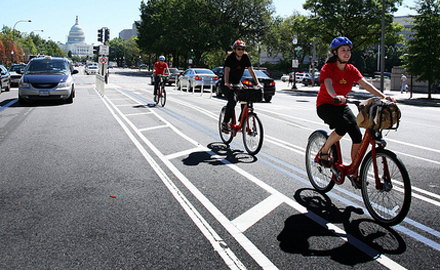On The Issues
The League believes in the power of bicycling and that life is better for everyone when more people ride bikes. We believe bicycling is good for people, communities, the economy, the climate, and our nation as a whole. And we envision a nation where everyone, whether they bike or not, recognizes and enjoys the many benefits and opportunities provided when more people bike.
Through our policy and advocacy work, the League works towards building a Bicycle Friendly America for everyone. We do that at the federal level and by working with our partners at the state and local levels.
Autonomous Vehicles
Guidelines for AV-Cyclist Interactions

Learn how the League is engaging leaders in the autonomous vehicle industry to prioritize the safety of people on bikes.
E-Bikes
For cargo or for fun

The League celebrates biking in all its forms. As e-bikes become more popular, familiarize yourself with how the bike movement is embracing e-assist.
Large Vehicles
Safer, Smaller Cars and Trucks

As the size of cars and trucks have grown, so too have the dangers faced by people walking and biking on our shared roads.
Manual on Uniform Traffic Control Devices
Shaping street design

Many different inputs go into how our streets are designed and signed. The League works to ensure bicycling is considered in each of them.